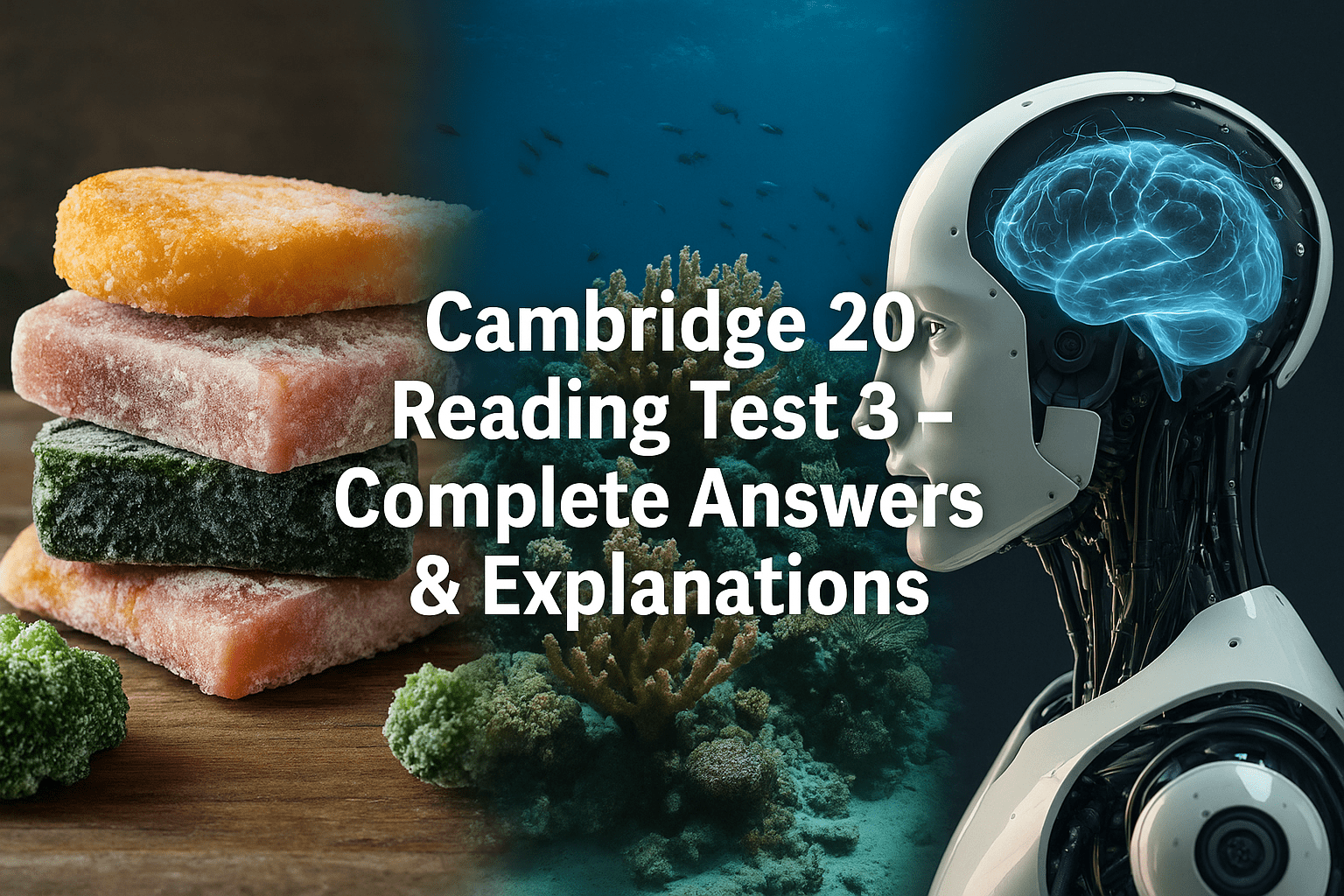- 🌟 Why Time Management in IELTS Reading Matters
- 🕒 Recommended Time Allocation per Passage
- 🔹 Step-by-Step Time Management Strategy
- 📖 Example of Timing in Action
- 🏋️♂️ How to Practice Time Management Daily
- ❌ Common Timing Mistakes to Avoid
- ✅ Quick Timing Checklist for Band 7–9
- ❓ FAQ: Time Management in IELTS Reading
- 🏆 Conclusion
One of the biggest challenges my IELTS students face is finishing all 40 questions in just 60 minutes. No matter how strong your English is, poor timing can cost you valuable marks. That’s why time management in IELTS Reading is a skill you must master to reach Band 7–9.
In this blog, I’ll share my proven strategies for allocating time per passage, staying focused, and avoiding the most common timing mistakes.
🌟 Why Time Management in IELTS Reading Matters
The IELTS Reading test is designed to test your speed and comprehension under pressure. Here’s what you’re up against:
- 3 passages (Academic) or 3 sections (General Training)
- 40 questions in 60 minutes
- No extra time to transfer answers
If you spend too much time on the first passage or one tricky question, you risk leaving several questions blank.
By mastering time management in IELTS Reading, you will:
- Complete all 40 questions confidently
- Reduce stress and avoid rushing in the last passage
- Improve your accuracy and overall band score
For a complete skill-building guide, check our IELTS Reading Skills for Band 7–9.
🕒 Recommended Time Allocation per Passage
I teach my students to follow this proven time breakdown:
- Passage 1 (Easiest): 15 minutes
- Includes reading, skimming, scanning, and answering
- Don’t spend too long on easy questions; save time for later
- Passage 2 (Moderate): 20 minutes
- Questions become trickier with more complex sentence structures
- Focus on accuracy and keyword scanning
- Passage 3 (Hardest): 25 minutes
- Usually the most academic or abstract text
- Requires careful reading and advanced paraphrase recognition
🎯 Pro Tip: Always aim to start Passage 3 with at least 25 minutes remaining.
🔹 Step-by-Step Time Management Strategy
Here’s my complete approach to finishing all questions in time:
1. Skim the Passage (2–3 minutes)
- Quickly get the main idea and structure
- Read titles, headings, and first sentences
2. Identify Keywords in Questions (1–2 minutes)
- Underline names, dates, numbers, and unique terms
- Predict possible synonyms to locate answers faster
3. Scan and Locate Answers (Varies per question)
- Move your eyes quickly across the passage
- Focus on keywords and their paraphrases
- Confirm meaning in context before writing the answer
4. Skip and Return to Hard Questions
- If an answer takes more than 1 minute, mark it and move on
- Come back if you have time left at the end
5. Check Answers in the Final 2–3 Minutes
- Ensure spelling is correct
- Verify you followed word limits like “NO MORE THAN TWO WORDS”
📖 Example of Timing in Action
Scenario: You’re taking the Academic Reading test.
- Passage 1: 14 minutes → Finished quickly and moved on
- Passage 2: 19 minutes → Required careful scanning and double-checking
- Passage 3: 25 minutes → More abstract and vocabulary-heavy
You now have 2 minutes left to review skipped questions and double-check answers. This approach keeps you calm and in control.
🏋️♂️ How to Practice Time Management Daily
- Timed Mock Tests (2–3/week)
- Use a stopwatch and strictly limit yourself to 60 minutes
- Passage Timing Drill
- Practice completing Passage 1 in ≤15 minutes
- Gradually reduce time to improve efficiency
- Combine Skills
- Use skimming, scanning, and paraphrasing to boost speed
- Analyze Mistakes
- Track where you spend too much time and adjust your approach
For official practice materials, visit IDP IELTS.
❌ Common Timing Mistakes to Avoid
- Spending too long on Passage 1 – Leaves you rushed for Passage 3
- Over-reading every word – Focus on scanning and paraphrases instead
- Not skipping tough questions – Leads to panic and wasted minutes
- Ignoring a timer in practice – Real exam pressure will feel unfamiliar
✅ Quick Timing Checklist for Band 7–9
Before your next test, ask yourself:
- Do I finish Passage 1 in 15 minutes or less?
- Do I always save 25 minutes for Passage 3?
- Do I skip hard questions and return later?
- Do I practice under real exam timing?
If yes, your time management in IELTS Reading is strong and ready for high scores.
❓ FAQ: Time Management in IELTS Reading
Q1: How should I divide 60 minutes between passages?
15 min for Passage 1, 20 min for Passage 2, 25 min for Passage 3.
Q2: Should I read the whole passage first?
No, skim first, then scan and answer questions to save time.
Q3: How do I handle very difficult questions?
Skip and return later—don’t waste more than 1 minute initially.
Q4: Does General Training require the same timing strategy?
Yes, but the first two sections are usually easier, so you can move faster.
Q5: Can time management alone improve my score?
Yes, because even strong readers lose marks if they leave questions unanswered.
🏆 Conclusion
Time management in IELTS Reading is just as important as reading skills. By following a 15-20-25 minute strategy, practicing with a timer, and skipping tough questions, you can complete all 40 questions calmly and accurately.
Combine this approach with skimming, scanning, and paraphrasing, and you’ll be ready to achieve Band 7–9 in your next IELTS Reading test.
Now, grab a timer and test yourself—your speed and confidence will grow with every practice session!





